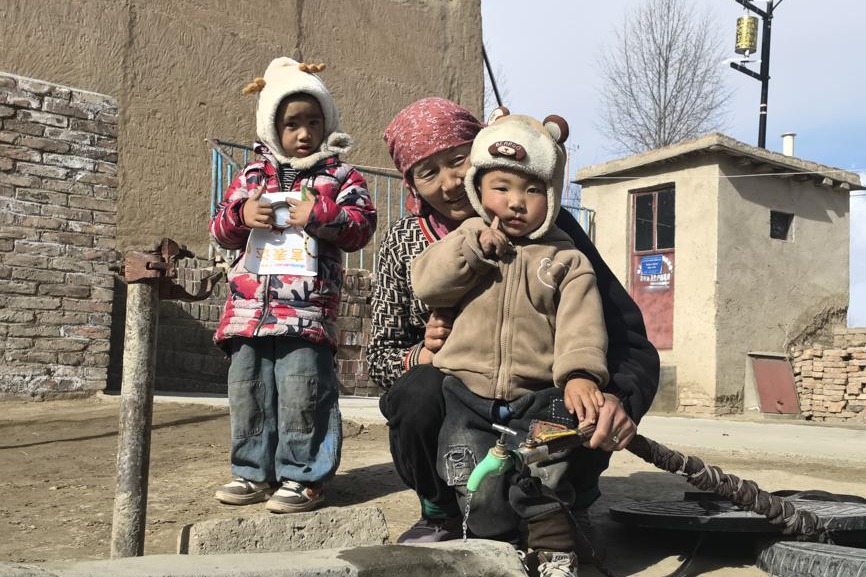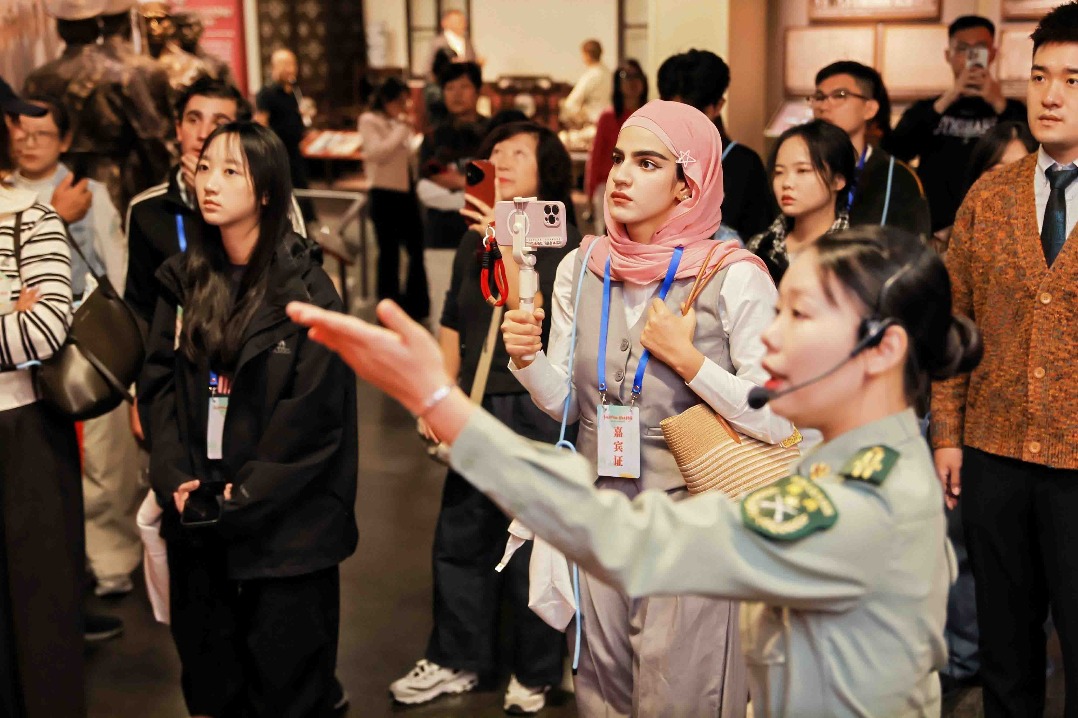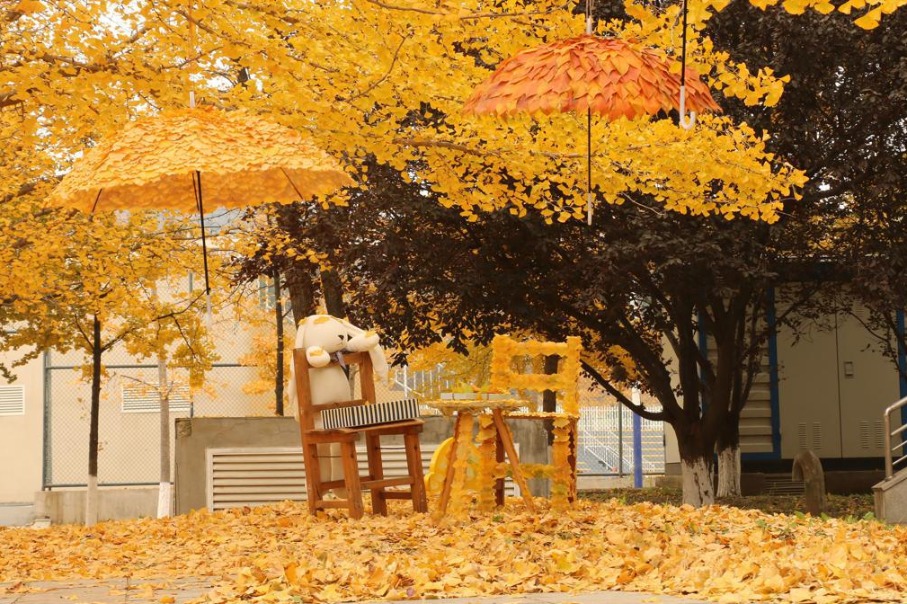Shortage of caregivers for elderly called strain


Civil authorities have arranged for 168 caregivers to go to Wuhan, Hubei province — the city at the epicenter of the novel coronavirus pneumonia outbreak — to help ease the shortage of help at retirement homes there. Still, such staffing remains insufficient in the city, a senior official said on Monday.
Among the 168 people, 118 were recruited from outside of Hubei, and the rest were from four cities in the province, said Yu Jianliang, head of the Ministry of Civil Affairs' eldercare division.
"They quickly started work despite the epidemic," he said at a news conference held by the State Council Information Office in Beijing. "We were deeply moved by the altruism."
However, Yu conceded that a shortage still exists in the city, where about 3,000 caregivers look after roughly seven times as many seniors, many of whom have disabilities and need around-the-clock attention.
To relieve the strain, efforts should also be made to help other caregivers return to work as soon as possible and to recruit new workers, especially in regions at lower risk from COVID-19, he added.
China's retirement homes have long grappled with inadequate staffing, with one caregiver tending to an average about 10 senior residents nationally, according to Yu's office.
The problem worsened after long-term care facilities were sealed off as early as January to prevent the spread of the viral disease among older adults — a vulnerable group.
That added to the workload since caregivers could not leave the facilities and have been required to follow detailed protocols to disinfect rooms, screen new arrivals and monitor residents' body temperature, in addition to their other obligations.
Also, travel restrictions triggered by the epidemic prevented many nurses and caregivers from returning to work amid the disrupted Lunar New Year festivities. Others were put into isolation after showing suspicious symptoms, which further strained the already limited staffing, Yu said.
The deployment of caregivers is part of a broader effort to bolster containment measures at the country's sprawling welfare facilities, including shelters, orphanages and psychiatric hospitals as well as at funeral homes.
Zhan Chengfu, vice-minister of civil affairs, said at the news conference on Monday that there are more than 40,000 such facilities serving about 2 million disadvantaged people and 1,881 funeral homes providing cremation in the country.
He said the facilities are vulnerable to the epidemic because many are densely populated. The people they serve — mostly seniors, people with disabilities, orphans and the homeless — are comparatively more vulnerable to exposure.
Liu Xitang, another official at the ministry, said the epidemic has also led to changes in the situation of disadvantaged people outside such institutions.
Central authorities have demanded efforts to make sure subsidies are paid to the low-income population in a timely manner and in full, and additional assistance should be provided to poor families that include novel coronavirus pneumonia patients, among other measures, Liu said.
- China, CELAC vow to broaden education collaboration
- Sichuan amphibious ship returns after maiden sea trial
- Justice on horseback: bringing the court to Xinjiang's herders
- China issues alert on overseas study in Japan
- Chinese scientists discover lunar rust, revealing new oxidation process on the moon
- China's major airlines offer refunds and rebooking for Japan-bound passengers amid security alert




































